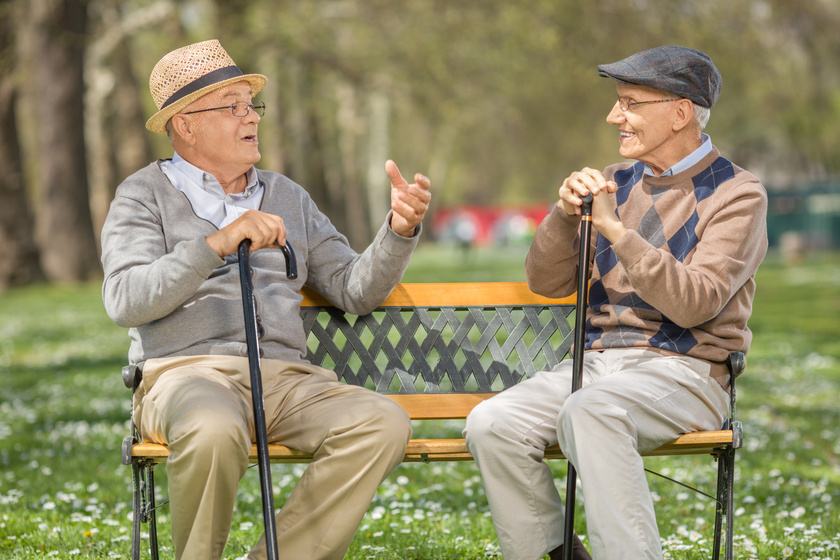Socialization is a significant reason many elders regularly opt to live in a retirement community. If your weekly schedule is unoccupied, but you seek an active social life, then a retirement community may help. You may participate in music therapy, join reading groups or engage in sports activities to make friends in retirement communities. Reconnecting with your old friends can prevent feelings of estrangement, isolation, or depression from building up.
Playing Games to Keep Your Mind Engaged
Games are usually a popular form of elderly mental exercise. Research has indicated that playing board games might benefit mental health or recreation. Also, board games are accessible to many, easy to participate in, or fun to join with peers. There are many versions of games to take part in, like chess, scrabble, board games, jigsaw puzzles, or crosswords. Puzzles might be entertaining for elders experiencing some form of mental health ailment, like depression or grief.
Create Arts and Crafts
Making crafts with one’s hands is fun and could benefit one’s mental health. Research shows that elders that engage in skills like knitting or pottery hold at least a 30 to 50 percent reduction in the overall risks of memory loss. Crafting may reduce anxiety, alleviate depression, or cultivate joy and peace. Taking on a craft project may develop one’s confidence or offer seniors a sense of heightened engagement or leisure. There are diverse forms of crafting projects that elders can take part in, like collage, painting, knitting, sewing, coloring, pottery, or ceramics.
Relax With Music
Music is a fun, emotionally stimulating activity that enhances your attention and helps improve your memory or mental alertness. There are various ways to engage in music as a therapeutic mental activity. Learn the lyrics of songs, then sing the pieces aloud. Practice playing a musical instrument, like the guitar or keyboard, then perform concerts with peers. Intonation was discovered to stimulate the mind by calming chaotic thoughts with music. The singing practice may benefit your mental health by providing social, cognitive, or psychological therapy. Music may help to reduce depression, anxiety, or stress. It is also highly therapeutic as a mature mental exercise.
Community Involvement
With the time you have on your hands as a retiree, you can now get involved in community work or volunteer for causes that you believe in. Give back to the community by contributing your accumulated knowledge over the years. Your years in the workforce would have given you a broader perspective on different subjects and invaluable experiences you can share with the younger generation.
An Active Social Life
It is common for seniors to feel isolated as they grow older. Isolation in seniors may result in various issues, like declining health, declining mobility, depression, and more. In retirement communities, residents join a closely-knit, supportive network surrounded by other senior peers.
Socialize With Peers in Our Retirement Community
In our retirement community, we offer the best senior active independent living programs for our residents. Enjoy daily activities, outings around town, arts & crafts workspace, game room, scheduled wellness classes, live entertainment, a senior-safe fitness center, an in-house chapel with religious services, a private courtyard & community garden, and many other senior living programs that can make your daily life more meaningful and purposeful or enriching. The retirement community has live musical performances, lecture dialogues, games, and fitness activities to keep you busy. There are opportunities to explore nearby attractions, visit the in-house cinema for film viewing, and watch theatrical performances or sports. Patients participate in activities that foster community interaction. With assisted living, residents join a closely-knit, supportive network community surrounded by other senior peers.







